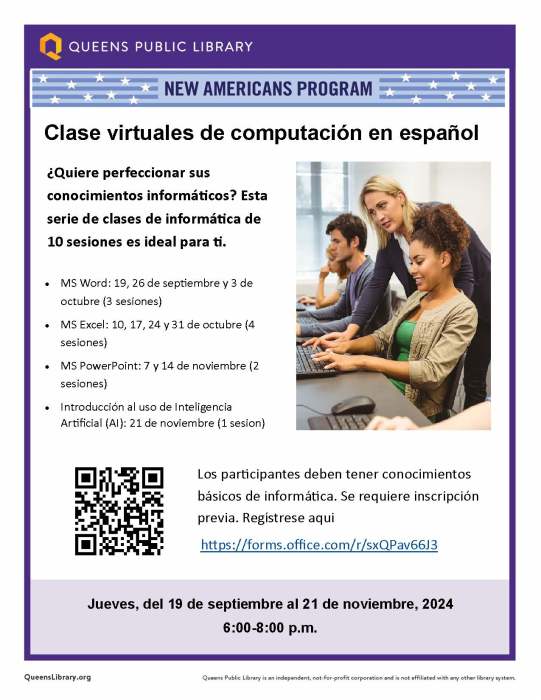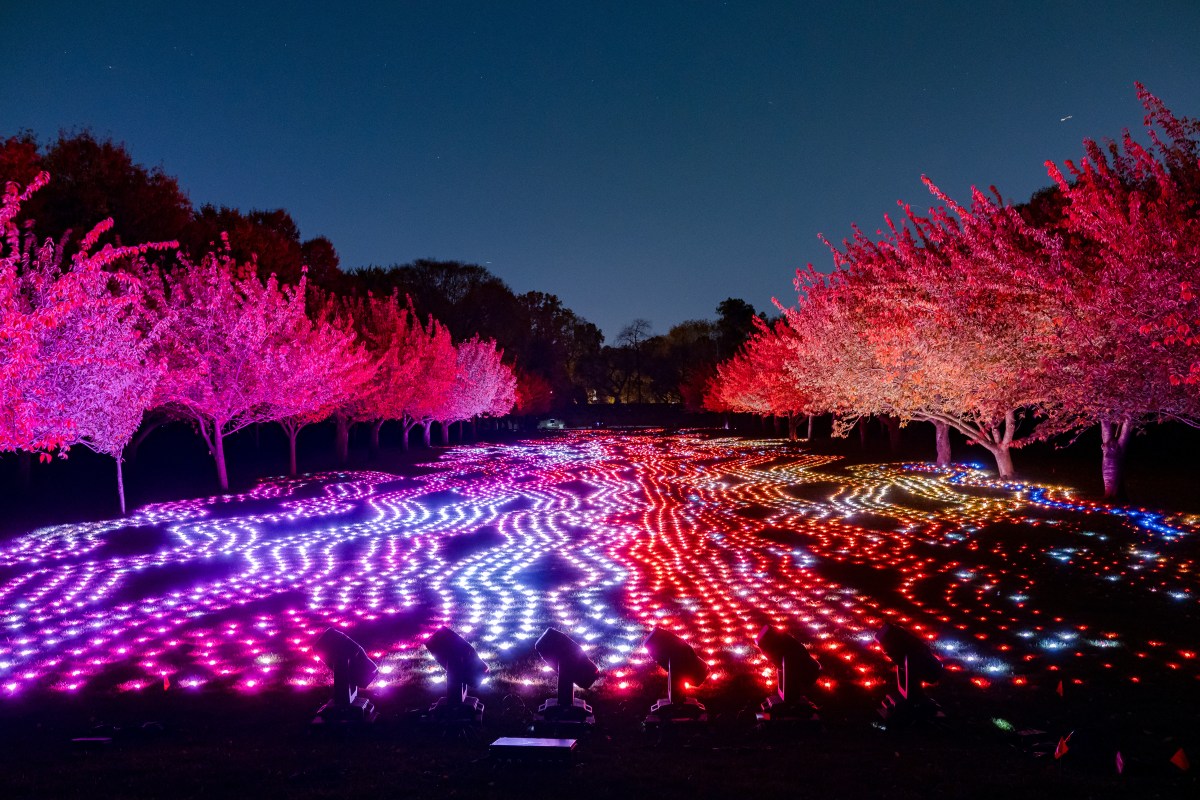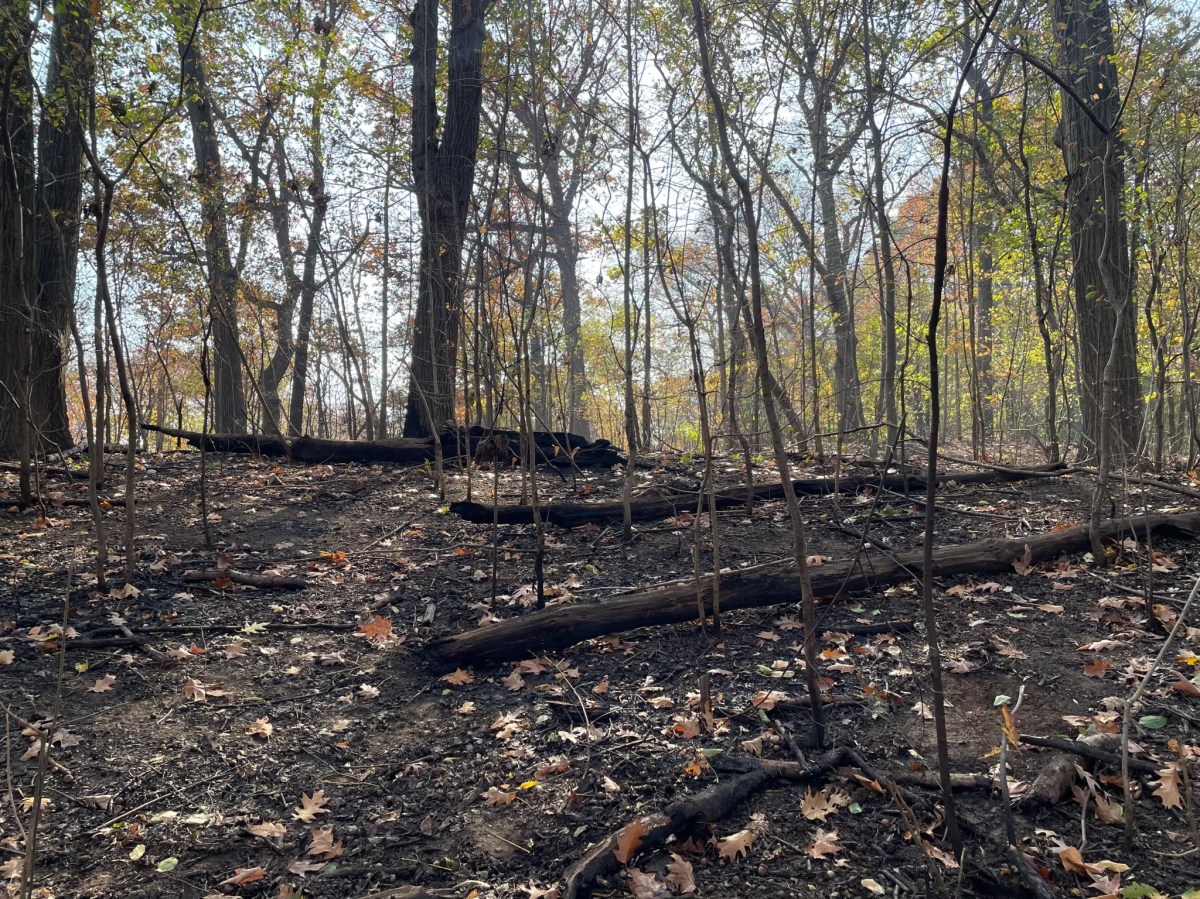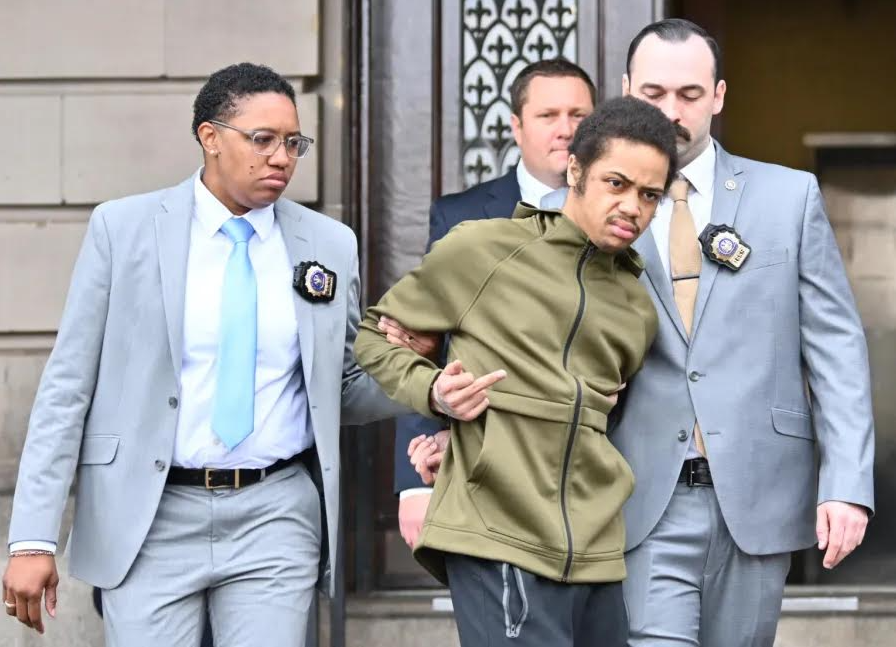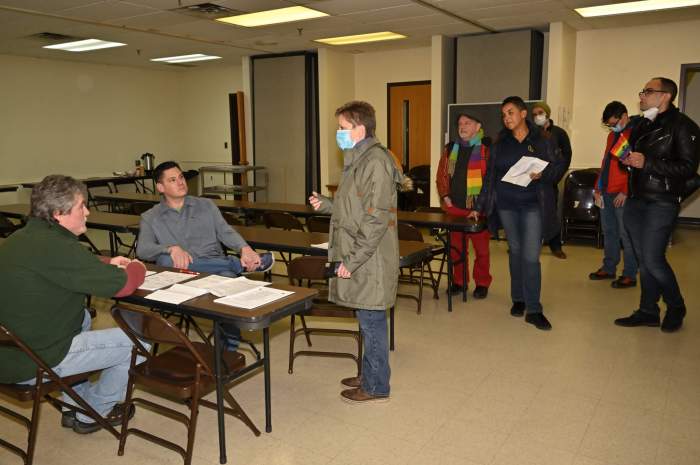As the State Legislature considers moving the date of New York’s primary so that it doesn’t conflict with the Jewish holiday of Rosh Hashanah, Public Advocate Letitia James is pushing for a more “permanent” change to an issue that’s not without precedent.
Currently under state law, only the Legislature can approve changing the date of an election through the passage of a bill.
In a letter to New York Assembly Speaker Carl Heastie and state Senate Majority Leader John Flanagan, dated Jan. 26, James argues that lawmakers should pass legislation that would give the Board of Elections the power to automatically change the date of an election within 14 days of a scheduled day that conflicts with a “major religious holiday.” In doing so, New Yorkers don’t have to worry about whether a bill will be passed to protect their right to vote.
“Voting is our most basic democratic right and our most powerful tool to make our voices heard,” James said in an emailed statement. “Asking New Yorkers to choose between observing their faith and exercising this basic civil right is fundamentally undemocratic. I urge the Legislature to recognize that the ability to exercise this right is essential to our democracy and work to move primary day.”
A spokesman for Heastie said the bill to change the date of this year’s primary from Sept. 11 to Sept. 13 — introduced by Sen. Todd Kaminsky and Rep. Robert Carroll — will be passed next week but he did not offer any further response to James’ proposal. A request for comment from Flanagan was not returned.
Rosh Hashanah marks the beginning of the High Holy Days for Jewish New Yorkers. While many observe the holiday by spending time with their families, for some traditionally Jewish people it means not being able to use electricity, write or engage in commercial practices, according to Rabbi Abigail Treu, director of The Center for Jewish Living and The David H. Sonabend Center for Israel at JCC Manhattan.
“It’s the same reason that alternate side parking is suspended on Jewish holidays. Public schools are closed because the absentee rate is so high,” she said. “If public schools are closed and alternate side is changed, it makes sense to move the primary date to be inclusive of the Jewish community.”
Treu, who is in favor of James’ proposal, said Jewish New Yorkers shouldn’t have to choose between keeping with the tenets of their faith and civic engagement — a sentiment echoed by other city lawmakers and Jewish groups.
City Councilman Mark Levine, chair of the council’s Jewish Caucus, said the current date of the primary disenfranchises hundreds of thousands of New Yorkers.
“Well you wouldn’t schedule an election on Christmas Day and it’s just as unacceptable for it to be held on Rosh Hashanah,” Levine said. “I would support solving this problem once and for all by empowering the Board of Elections to move primary dates to avoid religious holidays.”
Levine said the holiday conflict, which happened in 2007 as well, could also be avoided permanently if the state agreed to move primary day to June, when congressional primaries are held.
An expansion of early voting in New York could help resolve the issues as well, Evan R. Bernstein, regional director for the Anti-Defamation League New York, suggested.
“Every effort should be made to accommodate the substantial number of voters to be impacted by this,” Bernstein said in an emailed statement. “We continue to monitor this issue and are ready to work with our elected officials to help bring about a quick resolution to this matter.”







